One-time cocaine use can quickly evolve into a pattern of abuse, leading to addiction. As the effects of cocaine are very powerful yet short-lived, people often take more to re-experience the high they remember from their first use. This inevitable spiral causes the body and mind to build up a tolerance making stopping difficult, if not impossible, without help from a drug treatment center in Michigan like Liberty House Recovery Center. If you suspect a loved one may be abusing drugs, knowing the signs of cocaine abuse can be essential. Contact Liberty House Recovery to learn more.
What is Cocaine?
Cocaine is a white powdery substance made from coca plant leaves. Coca plants are native to South America. Data suggests approximately 2% of people in the U.S. have used cocaine in the last year. Cocaine goes by several other names, including street slang such as crack, coke, and blow, among others. Cocaine is a stimulant drug which means when you use cocaine, it increases alertness and energy. The chemicals in the drug affect your brain’s neural pathways, making you feel talkative, euphoric, and often overly energetic.
What Are the Signs of Cocaine Abuse?
Cocaine addiction can be physical, meaning that your body craves the drug, but it can also be mental, which means one develops intense cravings for the drug’s effects. Cocaine is a stimulant; therefore, its initial effects energize your body. However, these effects are not long-lasting and begin to fade within minutes of use. Taking cocaine causes the chemical dopamine, a naturally occurring neurotransmitter, to increase its concentrations in the brain.
The elevation in dopamine concentrations causes feelings of pleasure, satisfaction, and euphoria. The chemicals within cocaine prevent dopamine and other naturally occurring neurotransmitters (norepinephrine and serotonin) from being absorbed by nerve cells. This process allows large amounts of neurotransmitters to accumulate in the brain and stimulate surrounding nerve cells, only heightening a feeling of temporary euphoria.
The impacts of cocaine spread throughout the body. The psychological effects of cocaine use are evident in mood, behavior, and overall mental health changes. Individuals who use cocaine, whether short or long-term, often experience increased instances of paranoia and stats of panic. They often think people are “out to get them” or experience sudden, unprovoked fear. Hallucinations are also a common side effect of cocaine use. Cocaine addiction can also increase mental illness incidences, including depression and anxiety.
The physical effects of cocaine can be highly detrimental to each body system. Some of the physical effects, such as nausea, elevated blood pressure, abnormal heartbeat, increased body temperature, and enlarged pupils, are often short-term; however, several side effects, including damage to your respiratory, digestive, cardiovascular, renal, and neurological systems, last much longer. Without detox and addiction treatment, the effects of chronic cocaine abuse can lead to permanent changes to life-sustaining body systems.
How to Treat Cocaine Addiction?
Cocaine addiction treatment typically involves detox and therapy in a residential inpatient treatment program. Treatment programs designed around your unique treatment needs and goals significantly increase your chances of achieving a successful recovery from the physical and emotional effects of an addiction to cocaine. In an inpatient cocaine addiction treatment program, highly trained, compassionate therapists and medical professionals use evidence-based treatments to help a recovering addict learn how to live a healthy life without relying on cocaine. A typical rehab program for cocaine abuse includes counseling, support groups, relapse prevention education, and aftercare planning. Some treatment programs offer alternative or holistic therapy options designed to complement and enhance your Michigan drug treatment program.
Liberty House Recovery Provides Cocaine Addiction Treatment in Michigan
Cocaine addiction harms a person’s body, mind, and overall well-being. In treatment, you can learn and practice the coping skills that will help you live free from cocaine and the effects of addiction. Thousands of people who once lived with cocaine addiction have sought treatment at an addiction treatment center like Liberty House Recovery Center to achieve lasting recovery and freedom from cocaine addiction. If you or a loved one are ready to take your first steps towards sobriety, let our experienced, compassionate treatment team at Liberty House help. Contact a member of our admissions team today to learn more about cocaine addiction treatment at our luxury drug and alcohol rehab in Michigan.


